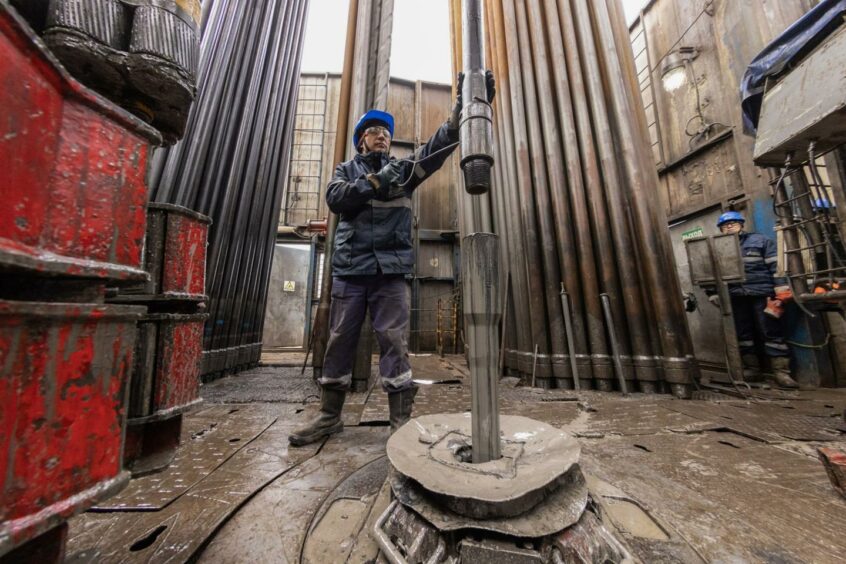
Ukraine asked some of the world’s top commodity trading houses to stop dealing in Russian oil, saying such contracts help fund Vladimir Putin’s war.
The plea comes as Ukrainian President Volodymyr Zelenskiy ratchets up pressure on governments around the world to shun raw materials from Russia, one of the top producers of oil, gas, metals and grains. While the U.S. has banned Russian energy products, and European banks have curbed commodity trade financing, physical exports continue to flow into global markets.
“We’re asking you to terminate your business dealings with the Russian fossil-fuel industry,” Zelenskiy’s economic adviser Oleg Ustenko wrote to the heads of Vitol Group, Glencore, Trafigura Group and Gunvor Group.
That would “cut off the cash flow which is financing the mass murder of innocent people,” he said in letters dated March 28, copies of which were seen by Bloomberg.
While trading firms and energy majors such as BP Plc and Shell Plc have vowed to halt new business in Russia, they’ve largely stuck with long-term contracts. Campaign groups such as Global Witness have said such deals contribute billions of dollars to Putin’s war, which has now entered a seventh week.
In the period since the February invasion, more than 135 million barrels of crude have been shipped from Russian ports at an average rate of 3.2 million barrels a day, according to vessel tracking data monitored by Bloomberg. Trade in Russian energy products and other commodities has not been sanctioned by most Western governments.
Glencore said Monday that it had received and responded to Ustenko’s letter. The company referred to a March 30 statement, where it said it “will not enter into any new trading business” involving Russian commodities, while continuing to honor existing contracts.
Trafigura also said it had replied to the letter, adding that it was trading lower volumes of Russian oil and oil products but was legally required to execute long-term contracts entered into before the war.
Vitol didn’t respond to a request for comment, while Gunvor declined to comment. Both have previously said they would limit the trade of Russian products to contracts signed before the invasion. The Financial Times first reported the letters from Ustenko.